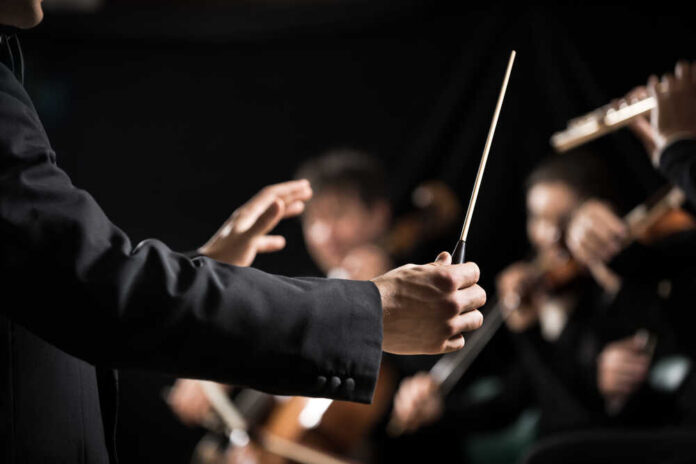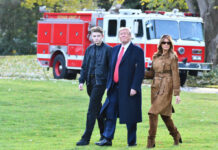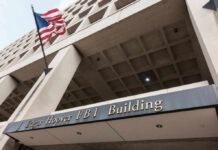
Musician Glen Wilkofsky, a principal timpanist for the Allentown Symphony Orchestra, is bringing a case before the U.S. Third Circuit Court of Appeals, claiming that he was forced to pay union dues for political activism he did not support.
The American Federation of Musicians Local 45 still expected members to pay dues despite the orchestra only playing two concerts in 2020 due to government-imposed COVID-19 lockdowns.
Wilkofsky claims the union is a left-leaning political action committee masquerading as an advocate for musicians and does not represent his interests. He alleges the union was politically active during the pandemic but did not represent musicians’ rights. The union donated 100% of its contributions to Democrats in the 2019-2020 election cycle.
Pennsylvania Musician Opposed To Funding Lefty Causes Challenges Forced Unionizationhttps://t.co/sXU1nsNcbg
— The Federalist (@FDRLST) March 9, 2023
The union shop steward demanded that he pay dues. Wilkofsky refused, and his membership was suspended and later terminated after he brought his case in federal court.
In June 2018, the U.S. Supreme Court ruled in Janus v. AFSCME that compulsory union membership for public employees violates their First Amendment rights. Wilkofsky argues that the Allentown Symphony is a public employer, and the musicians’ union is a public entity to the extent they each engage in collective bargaining on behalf of public employees.
The Fairness Center, a national nonprofit public interest law firm, filed the suit on Wilkofsky’s behalf, naming the symphony and union as defendants.
U.S. District Judge Joseph F. Leeson Jr. acknowledged in his decision last August that Pennsylvania law recognizes the symphony as a public employer within the collective bargaining framework. Even so, he concluded the symphony could not be viewed as a state actor, freeing it from the ruling in Janus.
The Fairness Center sees that decision as erroneous and seeks a reversal in the Third Circuit. Pennsylvania broadly defines which businesses qualify as a “public employer” under the state Public Employee Relations Act.
Fairness Center attorney Acker Susanj expects to prevail in the federal appeals court but expressed optimism that the Supreme Court would accept the case if the Third Circuit rules against the musician.
The case brings to the forefront the issue of union dues and political activism and how it affects public employees. The Janus case laid the foundation for this case. Its outcome could have far-reaching effects on other unionized arts organizations, such as museums and other musical groups that receive public funding.



























